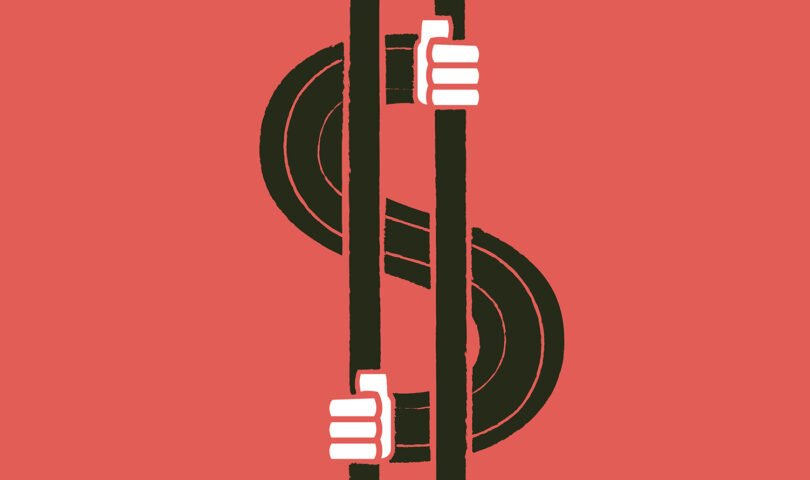DETROIT (AP) — The Michigan Supreme Court has agreed to look again at a law that allows communities to collect millions of dollars from poor criminal defendants to pay salaries, keep lights on and wax floors in courthouses up and down the state.
The issue is whether it’s unconstitutional, especially when a judge knows a conviction will bring in cash and please local officials who count on the money to ease budget pressures.
The Supreme Court issued an order Wednesday, saying it would hear arguments in a case from Alpena County. Travis Johnson was ordered to pay $1,200 in local court costs for a pair of convictions.
The court especially wants to hear whether the law “deprives criminal defendants of their right to appear before an impartial judge.”
A judge can order people convicted of crimes to pay a portion of a court’s operating costs, such as salaries, utilities and other services. Someone who is acquitted doesn’t get a bill for overhead, nor do parties in a civil lawsuit. If prosecutors lose a case, money isn’t deducted from their budget.
From 2016 through 2019, courts collected $172 million, nearly 75% of it in District Courts, which handle traffic tickets, drunken driving cases and other misdemeanors mostly committed by people who can least afford it.
In 2019, the Supreme Court looked at the issue from a different angle. Critics had argued that criminal defendants were being hit with an illegal tax by being forced to pay court costs. The Supreme Court let stand an appeals court decision in favor of the law.
But at the same time, Chief Justice Bridget McCormack warned that a challenge on other constitutional grounds might lead to a different result.
“Assigning judges to play tax collector erodes confidence in the judiciary and may seriously jeopardize a defendant’s right to a neutral and detached magistrate,” McCormack said in a statement joined by Justice Richard Bernstein.
Two more Democrats have joined the court since that case was heard.
Gov. Gretchen Whitmer and the Legislature last year extended the court cost law until October 2022. She urged lawmakers to come up with a new system that “does not come at the cost of judicial independence and individual rights.”



